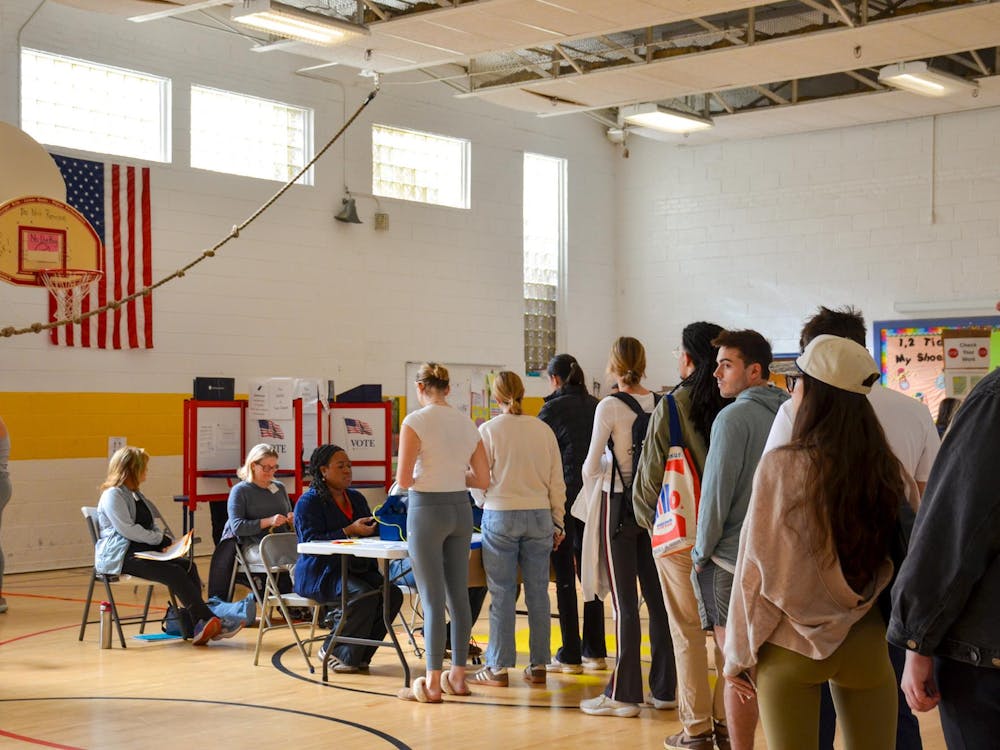The Virginia state senate voted 21 to 19 this week to table a bill allowing electrocution to be used for executions in the event that lethal injection is not available.
Currently, a prisoner on death row in Virginia may choose between lethal injection and electrocution. If the prisoner chooses lethal injection and the drugs are not available, then he or she is not executed at the predetermined date. Senate Bill 607 would have allowed Department of Corrections to use electrocution in case of a drug shortage, regardless of the prisoner’s preference.
Stuart Higley, legislative assistant to Sen. Bill Carrico, R-Galax, said the Department of Corrections often does not always have the supplies necessary to perform lethal injections.
“The Department of Corrections is having a difficult time having the three drugs,” Higley said. “The drug companies will no longer sell them to us because they don’t want to be associated with the death penalty.”
Higley said the limited supply of the drugs for the lethal injections could mean some prisoners on death row will not be executed.
“If you can’t get the drugs for lethal injection and that’s the method they chose, you can’t execute them,” Higley said.
Sen. Barbara Favola, D-Arlington, said concerns about obtaining the drugs for lethal injection were exaggerated.
“I think the bill had some real problems,” Favola said. “I do not believe the argument that the Department of Corrections is making that lethal injections are not available.”
Favola said data from the National Prison Information Center suggests Virginia should be able to obtain enough of the drugs necessary to carry out lethal injections. Of the 32 states that allow for capital punishment, only four allow for electrocution, Favola said.
“Lethal injection is viewed as a much more humane way of ending life,” Favola said. “Electrocution is now viewed by many courts as cruel and unusual punishment.”
Higley said passage of the bill would have allowed the Department of Corrections to carry out sentencing a jury had already determined for many prisoners. He said many of those who opposed the bill were already opposed to capital punishment.
“This is a way that [death penalty opponents] can thwart the system,” Higley said.
Favola said electrocution is a brutal method of execution. If we use lethal injection to euthanize our pets, Favola said, we should be able to provide lethal injection for prisoners on death row.
“Are we going to be more humane to our pets than we are to people?” Favola said.
Higley said a major concern of the bill was ensuring court decisions were carried out regardless of the supply of drugs for lethal injection.
“Senator Carrico feels that we have a responsibility to carry out the jury’s verdict,” Higley said.
Favola said, ultimately, a main concern of many opponents of the bill was whether or not the bill was in line with protections granted prisoners through the Constitution.
“I think there is a real constitutional question with taking away a prisoner’s right to choose lethal injection,” Favola said.







